European Presidents Conference 2025: Challenges to the Rule of Law by Lidiya Izovitova
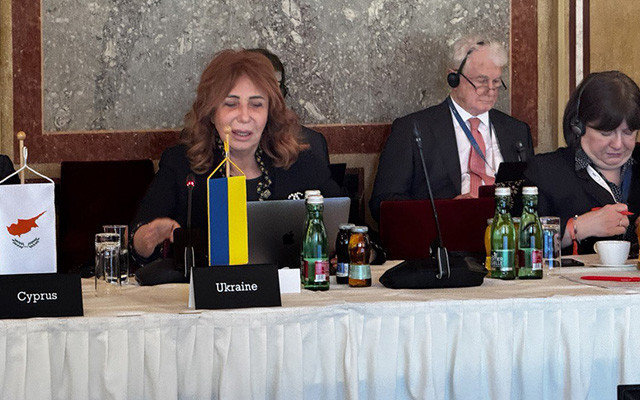
Against the backdrop of the war in Ukraine and the discussion of guarantees of its security, there is a growing militarization of political discourse not only in Ukraine but also in European countries. In the context of martial law, the issue of reforming the military justice system, including the possibility of creating an institute of military advocacy, has become particularly relevant.
Lidiya Izovitova, the President of the UNBA, BCU, drew attention to this in her speech at the 53rd European Presidents Conference, which took place in Vienna on February 27-March 1.
The Ukrainian delegation at the event was also represented by Valentyn Gvozdiy, the Vice President of the UNBA, BCU, Ihor Kolesnikov, Secretary of the BCU, and Hanna Lazarchuk, the UNBA member from Rivne region.
The President of the UNBA, BCU reminded the conference participants that today in Ukraine, the Chief Justice of the Supreme Court emphasizes the need to amend the Constitution to establish military justice, including military courts, military public prosecution and the institute of military lawyers. This, in his opinion, will ensure an appropriate level of professionalism in the implementation of legal protection of military personnel.
The President of the UNBA, BCU also said that one of the territorial recruitment centers accused 36 Ukrainian lawyers of unlawful actions to disrupt the mobilization process and create conditions for evading the draft. In response, the Bar Council of Ukraine issued a statement that such actions were in fact the exercise of their legal authority to provide professional legal assistance to clients who are Ukrainian citizens subject to military service. And such pressure on lawyers by the military authorities (even without the creation of a military bar) is a telling example of potential threats in the future.
So the question arises: will the military bar be able to protect the interests of military personnel and military lawyers themselves? The answer is definitely no.
Moreover, the consequence will be a weakening of the guarantees of the practice of law and the independence of the bar through the introduction of the principles of military service. This is because subordination to the military command makes it impossible for an advocate to perform his or her professional duties independently. Moreover, this directly contradicts international standards of legal independence, in particular the UN Basic Principles on the Role of Lawyers and international standards of justice.
The UNBA believes that an alternative solution should be to strengthen legal guarantees for lawyers who defend military personnel without creating a separate military institute of the Bar.
Taking this opportunity, L. Izovitova also addressed the presidents of the European bar associations present in the conference hall and expressed her deep gratitude for the broad support and invaluable assistance provided in difficult times for Ukraine.
However, the initiative to create a military bar as a separate institution is worrisome, as it could lead to the abolition of established professional standards and pose a threat to the independence of human rights activities and the effective enforcement of the rights of servicemen.
L. Izovitova explained that the key threat is the risk of losing the independence of lawyers who will work in this structure. After all, military service is based on principles (centralization, subordination and unquestioning execution of orders) that contradict the fundamental principles of the independence of the bar and the rule of law (independence, professional autonomy and the priority of human rights).
And the principle of unity of command enshrines the decision-making powers of commanders, which creates a risk of influence on lawyers who may be subjected to administrative or disciplinary pressure. Therefore, the introduction of military governance standards in the field of advocacy will inevitably affect its independence. This may not only undermine the foundations of the legal profession, but also create risks of violating the rights of military personnel whom the lawyer is supposed to protect.
Popular news
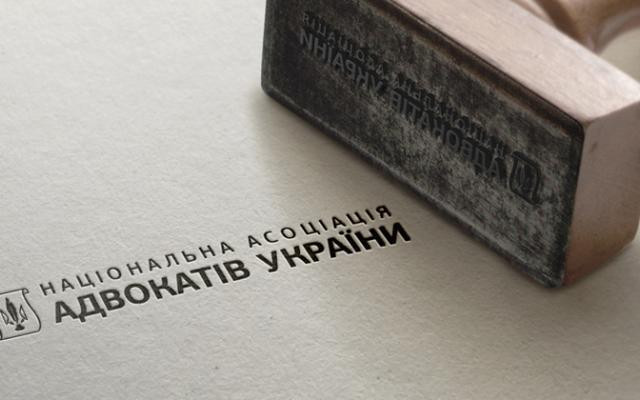
Self-government
The BCU demands a review of the composition of the government working group on reforming the advocacy profession
The President of the UNBA, BCU Lidiya Izovitova, appealed to the Cabinet of Ministers of Ukraine to review the composition of the working group on improving legislation in the field of advocacy and legal practice.

Discussion
Why lowering the age of marriage lacks legal logic
Although until 2012 there was a provision in family law that allowed children to marry from the age of 14 under certain circumstances, its return to Ukrainian law would contradict international obligations and the logic of criminal law.
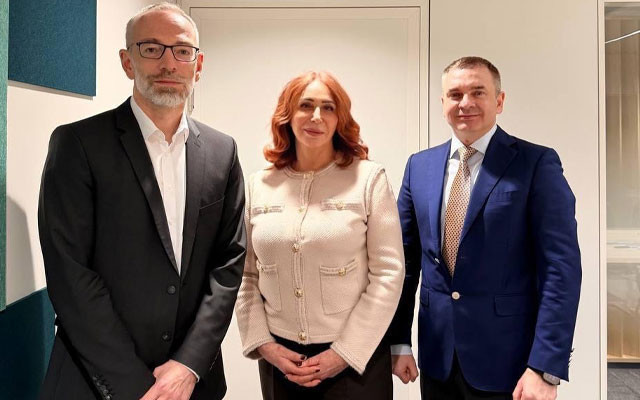
European integration
Open dialogue between the UNBA and the European Commission on the path to EU
The Ukrainian National Bar Association held a working meeting in Brussels with Mr Wolfgang Nozar, Head of Unit for Governance, Rule of Law and Financial Assistance, Directorate-General for Enlargement and Eastern Neighbourhood (DG ENEST), European Commission.

Self-government
A report on Ukrainian advocacy was presented in the European Parliament
Can a shadow report on advocacy replace the political framework of the Roadmap on the rule of law with demands for the restructuring of self-government? Where is the line between accountability and the seizure of institutions? And how can we respond to narratives with data rather than impressions?
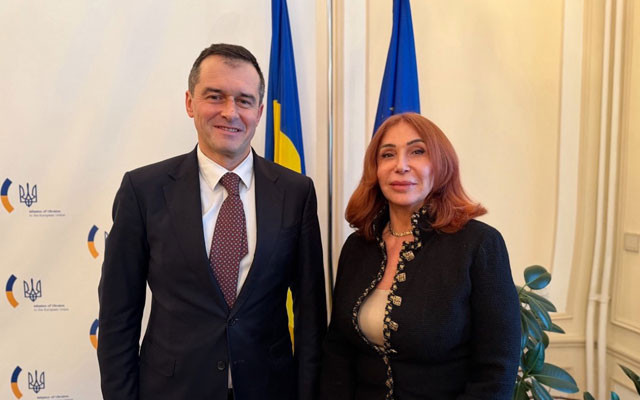
European integration
UNBA and Ukraine's representation to the EU have synchronized their priorities
On February 5, in Brussels, the President of the UNBA, BCU Lidiya Izovitova held a working meeting with the Ambassador Extraordinary and Plenipotentiary of Ukraine, Representative of Ukraine to the European Union Vsevolod Chentsov.
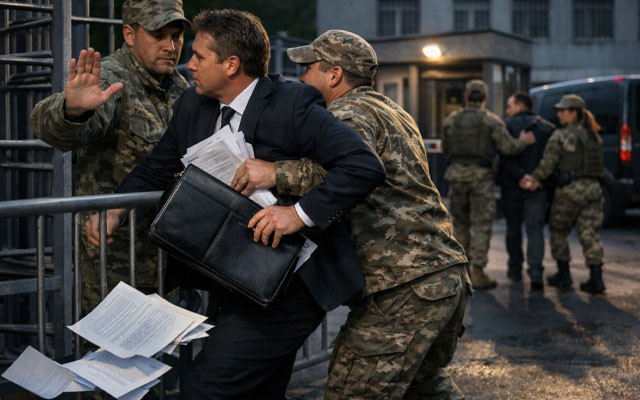
Guarantees of the practice of law
Proceedings opened following attack on advocate in Dnipro
The Committee for the protection of advocates' rights and guarantees of legal practice of the UNBA appealed to law enforcement agencies in connection with an advocate's report of an attack while performing his professional duties. The information was entered into the Unified Register of Pre-trial Investigations and a pre-trial investigation was initiated.
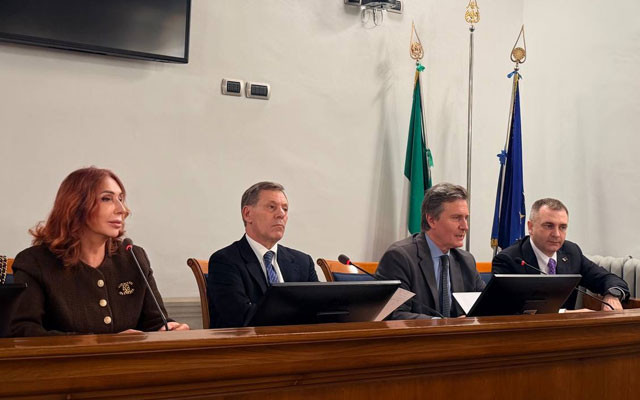
Interaction
«With us — to Europe»: Italian advocacy supports UNBA initiatives
On January 30, a meeting was held in Rome between a delegation from the Ukrainian National Bar Association and the National Bar Council of Italy (Consiglio Nazionale Forense, CNF) on the standards and practices of the legal profession and their significance for Ukraine's European integration process.
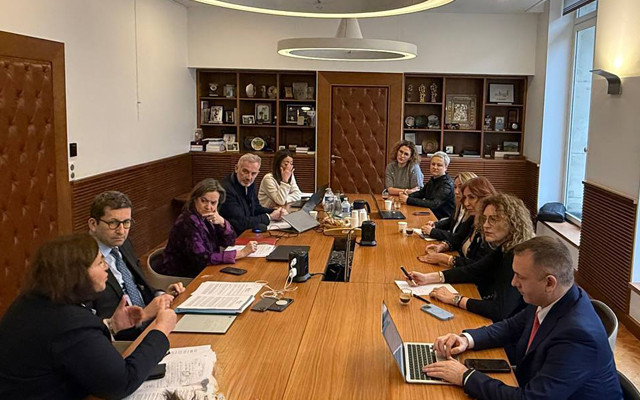
Interaction
France confirms cooperation with UNBA on reforms in the field of the rule of law
On January 29, a working meeting between representatives of the Ukrainian National Bar Association and the French National Bar Council (Conseil National des Barreaux, CNB) took place in Paris.
Publications

Volodymyr Matsko Extradition as a systemic form of rights violations

Victoria Yakusha, Law and Business The anti-corruption vertical cannot «take care» of the Bar as an institution, - acting head of the HQDCB

Censor.net Protecting advocates – protecting justice: addressing concerns about the new law

Ihor Kolesnykov A BRIEF SUMMARY REGARDING THE APPLICATION OF THE ORDER ON EXTENDED CONFISCATION IN LATVIA REGARDING FINANCIAL ASSETS OF…

Valentyn Gvozdiy WORKING IN A WAR ZONE

Lydia Izovitova Formula of perfection

Sergiy Vylkov Our judicial system is so built that courts do not trust advocates

Iryna Vasylyk Advocacy in the proclamation of Independence of Ukraine
